WHY ARE WE DOING THIS?
We wouldn’t be here without menstruation, but it’s still not openly talked about. It’s high time that changed!
Unicef estimates that people with people spend an average of 3,000 menstruating in their lifetimes, and yet in many cultures it remains a taboo subject. We think it’s time to talk about periods openly.
Why is this something we need to address?
Historically, periods haven’t been talked about openly and the consequences of this are far reaching.:
- 1 in 4 young menstruating people did not know what to do when starting their period.
- Periods are usually not covered in enough depth in schools and information is often highly biased.
- The conversation has historically been led by the big brands in schools, perpetuating the drive to buy single-use disposable products and keeping young people in the dark about the full range of products on offer.
- Stigma and misunderstandings are still rife because of misleading advertising, passing down of incorrect information, boys and gender diverse people being left out the conversation.
- Young people aren’t equipped to make informed choices about products, product disposal, how to manage own menstrual health, how to save money, when to visit a GP, what period equality is, etc.
- 10% of people with periods cannot afford to purchase period products. 1 in 10 of these has to improvise with makeshift period products.

educational context
Period education in schools
Conclusions from our pilot, which we ran in 2018 with the support of Anglian Water, identified that:

Periods are not covered in enough depth in schools. There are constraints on time, limited resources and lack of confidence in delivery.

Boys are often left out of the discussion.

Most of the discussion tends to focus on a narrow range of products and rarely touches on disposal.

Education is monopolised by leading brands. We think that it’s vital for students to receive information on ALL the products available to them, not just a limited range. After all, everyone’s physical and economic needs are different.
WE FOUND THE FOLLOWING IN OUR PILOT PROGRAM:

Pupils felt less awkward or stupid, and more comfortable and confident talking about periods after the programme.

Students were four times more likely to try plastic-free disposables after the lessons.

Students were 25% less likely to use disposable tampons and 50% less likely to use disposable pads after the lessons.

Key learnings were about the different types of products available, the environmental impacts of those products and knowledge around sewage systems and flooding.

Students were three times more likely to try menstrual cups after the lessons.

72% of teachers had previously thought that flushing tampons down the toilet was okay (find out here why we shouldn’t be flushing ANY products!)

